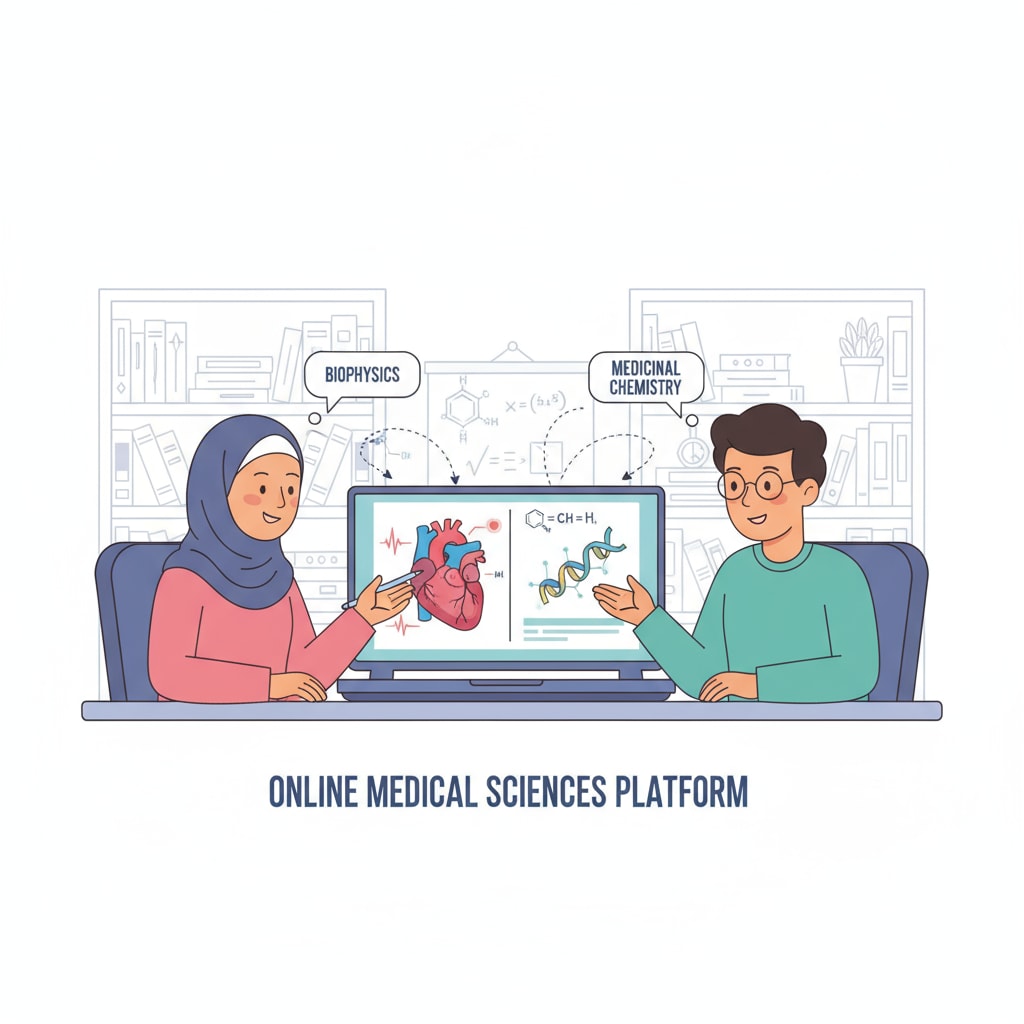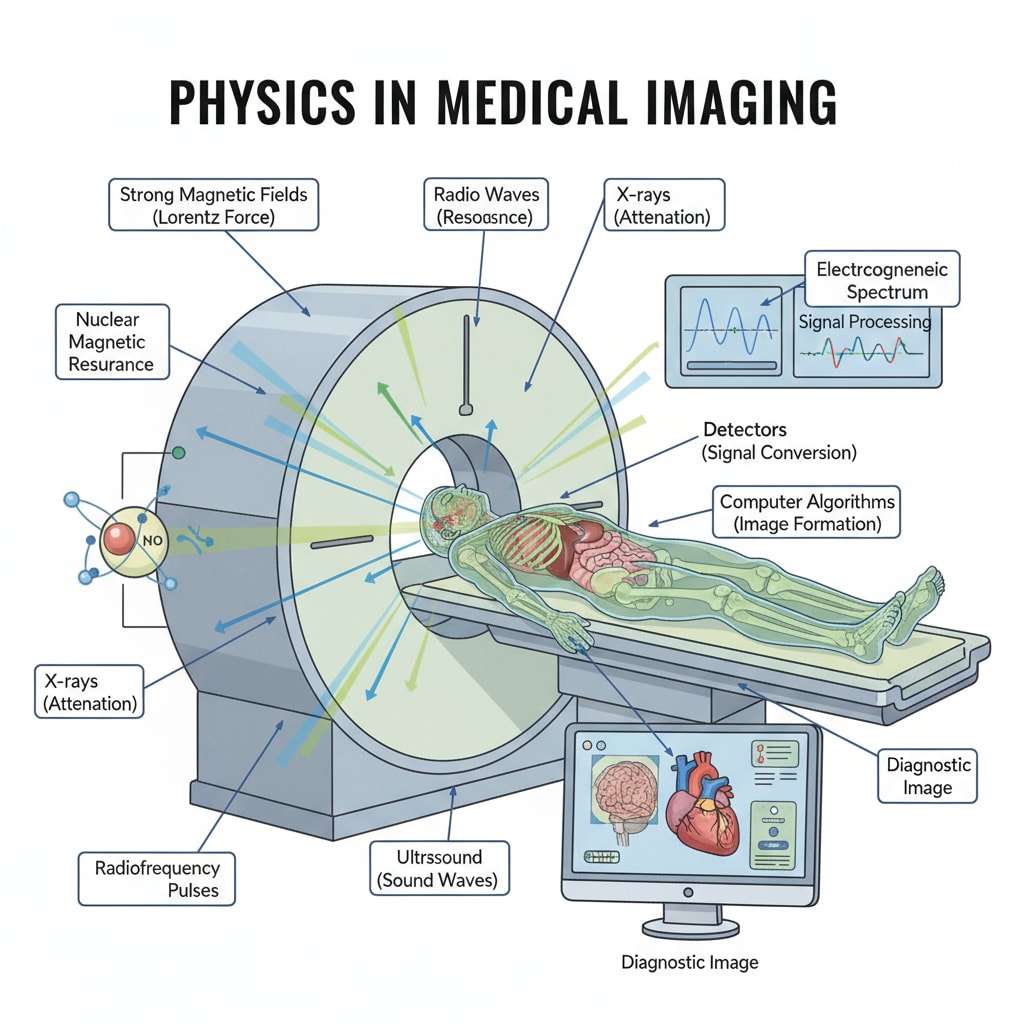For students in Australia’s Year 12 who are aspiring to enter the medical field, the choice between online physics and chemistry courses can be a challenging one. This decision holds great significance as both subjects play crucial roles in medical education.

Let’s delve into the details to help you make an informed choice.
The Significance of Physics in Medical Education
Physics is not just about understanding the laws of motion and energy in the abstract. In the medical field, it has numerous applications. For example, in medical imaging techniques such as X – rays, CT scans, and MRI scans, physics principles are at the core. Medical physics on Wikipedia These imaging methods rely on concepts like electromagnetism, radiation, and the interaction of waves with matter. Understanding physics helps medical professionals interpret these images accurately, which is vital for diagnosing diseases. In addition, physics is also relevant in areas such as biomechanics, which studies the movement of the human body. This knowledge can be used in physical therapy and orthopedics.

The Role of Chemistry in Medical Education
Chemistry, on the other hand, is fundamental to understanding the human body at a molecular level. Biochemistry, a branch of chemistry, explores the chemical processes that occur within living organisms. Biochemistry on Britannica For instance, understanding how enzymes work, how drugs interact with cells, and the chemical composition of biological molecules is essential for medical practice. Pharmacology, which deals with drugs and their effects on the body, is deeply rooted in chemistry. A solid foundation in chemistry allows medical students to comprehend the mechanisms of drug action, drug synthesis, and drug interactions. This knowledge is crucial for prescribing the right medications and ensuring patient safety.
When it comes to making a decision between online physics and chemistry courses, several factors need to be considered. Interest is a major factor. If you have a greater passion for understanding the physical world and how it relates to medical technology, then physics might be the better choice. However, if you are more intrigued by the chemical processes within the body and drug – related aspects, chemistry could be more suitable. Another factor is your future specialization within the medical field. Some specializations, like radiology, may require a stronger background in physics, while others, such as pharmacology, demand a deeper understanding of chemistry.
Readability guidance: We’ve used short paragraphs to present clear ideas. The lists help summarize key points. We’ve also kept the passive语态 to a minimum and added transition words like ‘however’, ‘in addition’, and ‘for example’ to enhance the flow.


